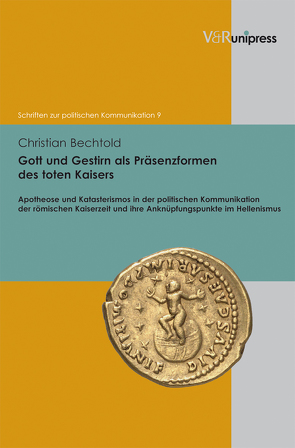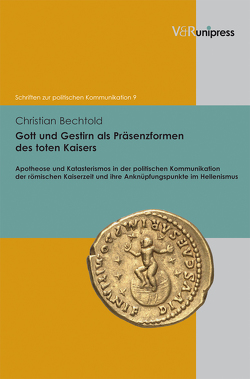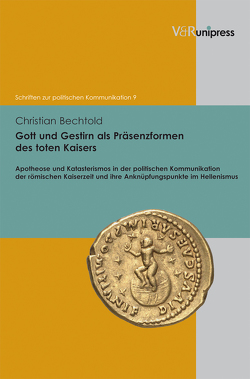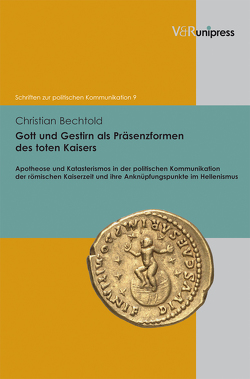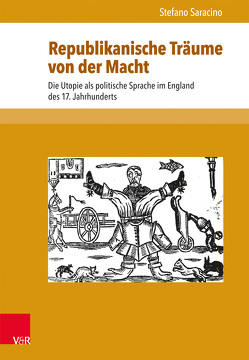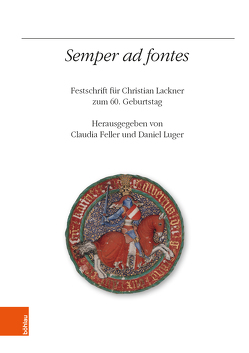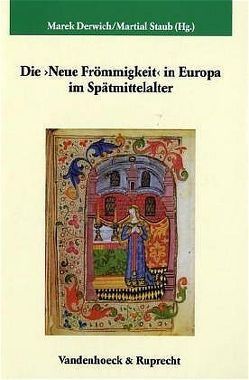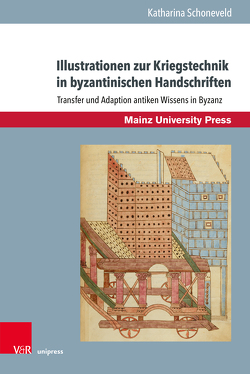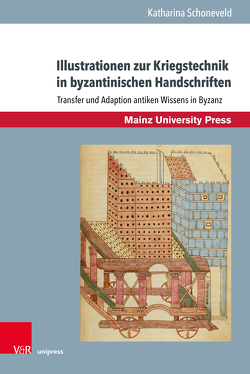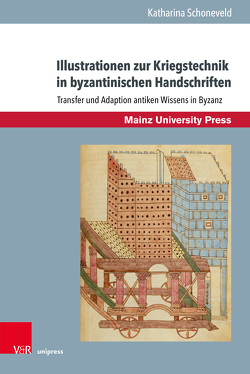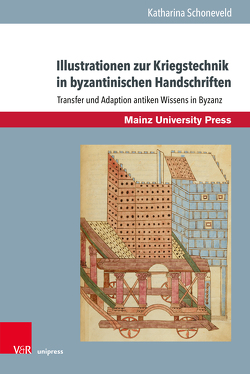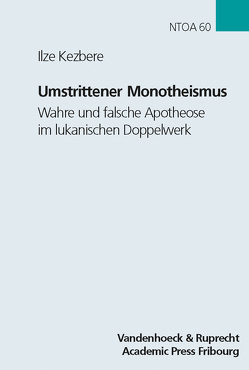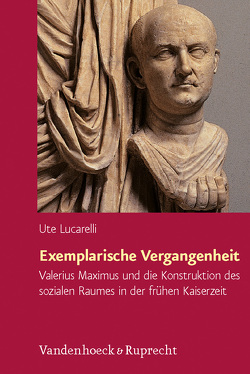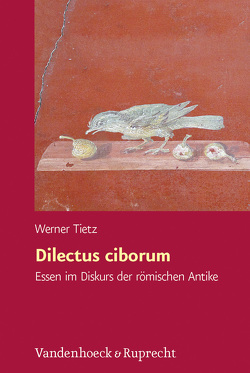Gott und Gestirn als Präsenzformen des toten Kaisers
Apotheose und Katasterismos in der politischen Kommunikation der römischen Kaiserzeit und ihre Anknüpfungspunkte im Hellenismus
Christian Bechtold, Gustavo Corni, Angela De Benedictis, Brigitte Mazohl-Wallnig, Daniela Rando, Luise Schorn-Schütte
When, according to ancient evidence, a comet was sighted during the funeral games for Caesar in July 44 B.C., Octavian interpreted it as a sign of the deification of his adoptive father and his elevation to the stars. Thus catasterism, or immortalization as a heavenly body, found its way into the representation of rulers of the Roman emporers, and became one of the symbols for the apotheosis of deceased predecessors. Christian Bechtold examines the origins and history of this idea in Hellenism and the political semantics and function of catasterism from the Augustus period to the Severans. He also analyses the reception of the concept of placement among the stars and the horizon of understanding of the potential addressees of representation of imperial rule in order to be able to assess the relevance and success of catasterism in political communication. Besides the relevant historiographic and literary sources, the study also draws extensively on the imperial and provincial coinage as a reflection of political communication, and also tomb inscriptions and monuments as witnesses to the reception of the motif.
